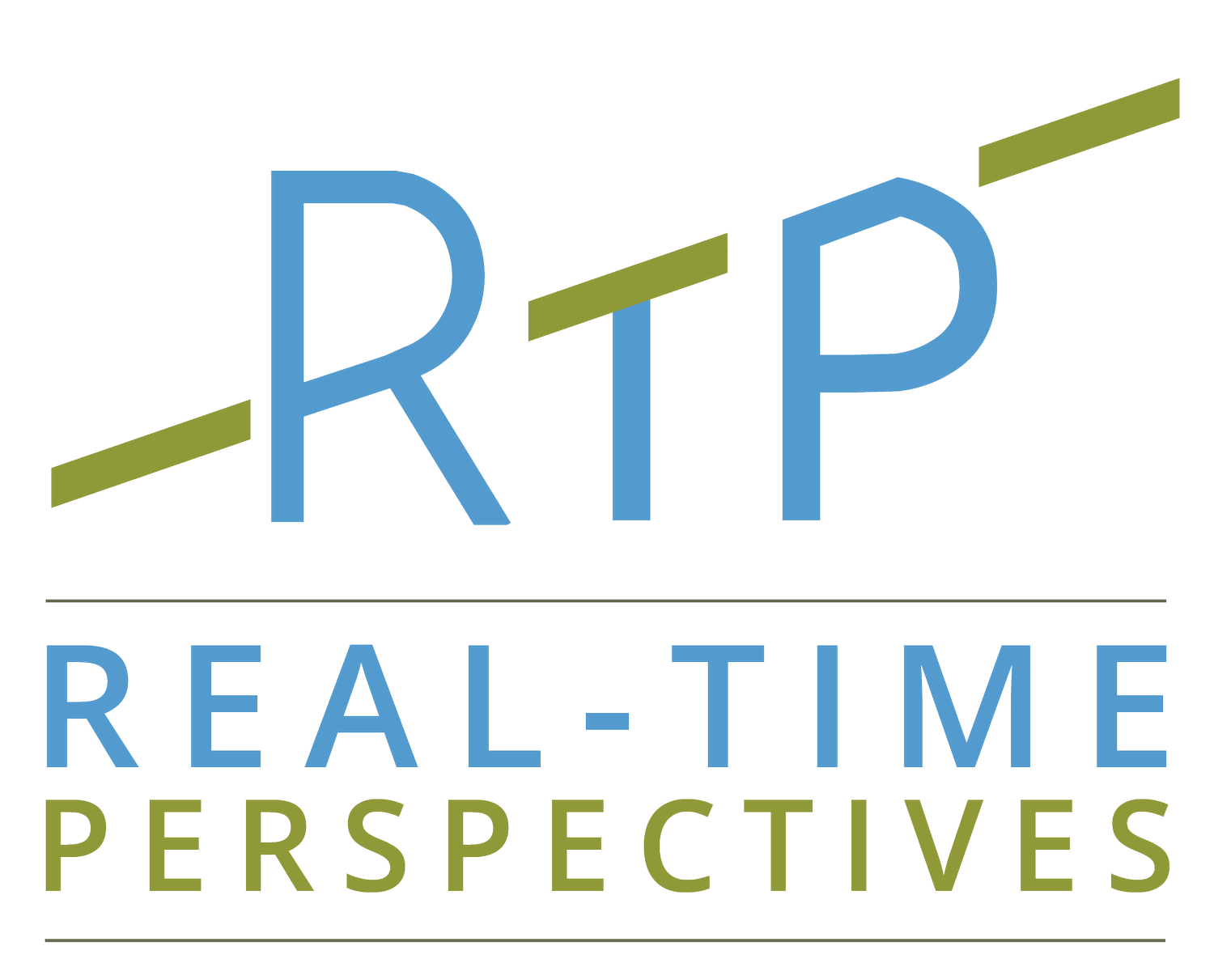When “Context-Setting” Gets in the Way
In my role as an executive coach, I’ve seen how important it is for people to provide a context for their behaviors. I can understand the pull to react that way. Recently, however, I found myself in a situation where my efforts to explain the context of what I said left someone else feeling “shut down.”
I have come to see that there is a fine line between establishing the context for the purpose of explaining behavior vs. doing so because the intention is to provide a valid excuse for that behavior. I’ve also realized that the former is more likely to be my “go to” when I feel as if my values, the foundation of my identity, are called into question. It triggers an identity quake, knocking me off balance because it’s a shock to my idealized perception of my “self.”
A few days after the situation which provoked my reflecting on the role of context in challenging interactions, I observed an interchange in which someone else felt context was important to address. But to some who witnessed this interaction, their remarks may have come across as defensive, i.e., excuse-making. My conclusion is that while context has its place, it’s not where I want to start when getting to the depth of mutual understanding. I’d rather get better at being fully present, without an agenda, so that the other person feels, and is, heard. Explaining my context can wait. Even more compelling: by waiting and listening even more deeply, perhaps how I originally saw that context will have shifted.
